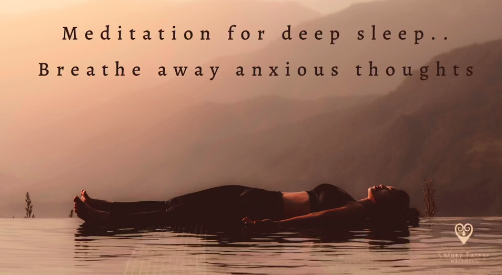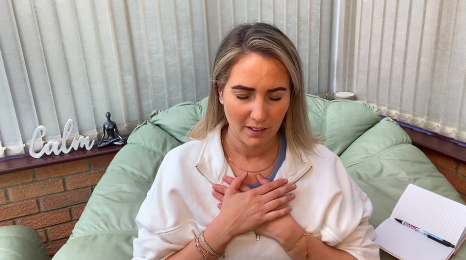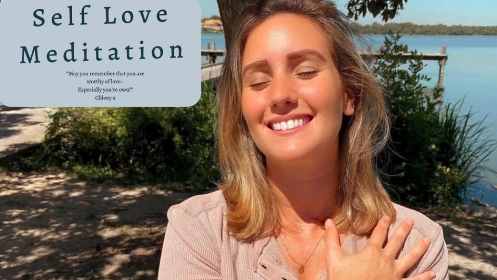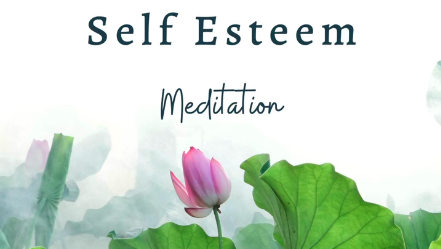Breathe away anxious thoughts.. Sleep well Yoga Family x
Acceptance meditation
“Feelings are energy in motion – they let us know that we have unmet needs.”
Coffee/tea, gratitude meditation & journal
Join me for a practice I’d love for you to consistently pop into either your morning of evening routine (Perhaps without the coffee in the evening).
Grounding with the breath. A body scan. gratitude & journal x
Easing overwhelm meditation
Feeling a little overwhelmed? that’s ok.. Take a short time out to create some space with this mindfulness meditation x
Panic relief meditation
In this moment all is well. You are supported. You are safe. You have everything you need within you.. You have calm and peace within you. You have strength and support within you. You have love and compassion within you. You have everything you need to face any obstacles that arise within you.. I hope this guided meditation can bring you some relief in your time of need. Please know that this too shall pass x
Self Love Meditation x
May you remember that you are worthy of Love. Especially you’re own xx
Self Esteem Meditation
With this meditation, we practice stepping back and seeing our thoughts with a little more clarity, creating a bit more distance and some perspective.
Gratitude meditation & journal
A short body and breath check-in meditation, followed by inner child gratitude journaling. The perfect way to start or end your day.
Leaves on a stream meditation. part 2 – Journalling
Open your journals and explore your meditation with these prompts xx
Leaves on a stream meditation. Part one.
Cognitive defusion, or defusion, is “the ability to separate from your thoughts and to let them come and go, instead of getting caught up in them, or allowing them to dictate what you do,” (Harris, 2009, p. 6).
Defusion involves creating distance between an individual and his or her thoughts. People learn to step back from their thoughts and view them as mental events passing through the mind rather than absolute truths; to look at rather than from their thoughts. In this way, defusion provides a powerful way to deal effectively with painful, unhelpful or self-defeating thoughts and beliefs. Research has validated the effectiveness of cognitive defusion techniques for psychological wellbeing. For instance, Masuda, Hayes, Sacke and, Twohig (2004) found cognitive defusion reduced both discomfort and believability in self-relevant negative thoughts more so than attempting to distract oneself from or control such thoughts.
The goal of the exercise is to develop the ability to let go of problematic thoughts through practicing cognitive defusion.










